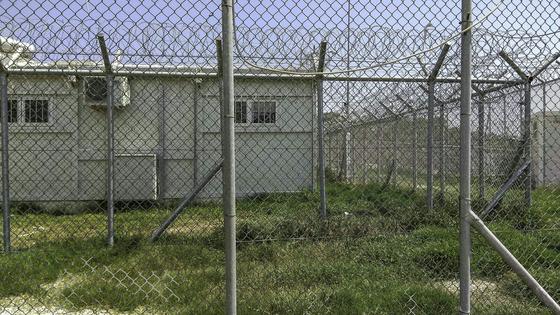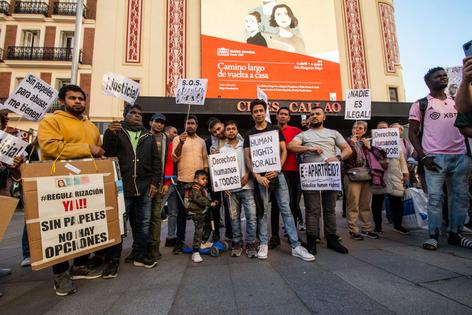EU migration overhaul stresses fast-track deportations and limited appeal rights for asylum seekers
Published in Political News
The European Parliament adopted its Pact on Migration and Asylum on April 10, 2024, clearing a major hurdle on its way to becoming European Union law. The package of regulations and directives seeks to update EU policies on migrants and refugees.
The pact is a legacy of the 2015 migration crisis when EU countries saw more than 1 million people claim asylum after arriving, mainly by boat, to European countries. The majority were fleeing violence and war in Syria, Afghanistan and Iraq.
Front-line European countries, including Greece and Italy, were overwhelmed by the sheer numbers, prompting anti-migrant violence and a backlash from far-right political parties.
During the crisis, some European states, including Macedonia, Croatia and Slovenia, closed their borders, effectively trapping 60,000 people in Greece living in tent cities.
I am a political scientist researching how states and international organizations address issues relating to refugees. In 2016, I visited some of the camps in Greece. Authorities there were struggling to provide the bare minimum of aid and failing to provide legal protection or process asylum claims. Many of these people waited years for a appointment to examine their asylum applications. Greece still had a backlog of 22,316 asylum cases in 2022.
As such, the need for migration reform has been clear. European leaders hope the newly agreed pact will prevent future migration crises in Europe by tightening borders, making it easier to deport asylum applicants and spreading the caseload across the EU’s 27 member states.
But to critics of the pact, the reforms will institutionalize inequality, instrumentalize migration crises and ignore the actual holes in migration governance.
The new EU pact follows years of debate over migration by member states, a theme I explore in my book “Delegating Responsibility.”
In response to the 2015 crisis, the European Council adopted a mandatory quota system the following year to redistribute refugees to all member states based on the size of their economies, population and own asylum caseloads. Hungary, the Czech Republic and Poland refused to participate, and in 2020 the EU Court of Justice found they had broken EU law.
Nevertheless, the quota system was never scaled up, leaving front-line states to continue to process much of Europe’s refugee population.
...continued











Comments